JavaScript
popularity continues its rising. In 2016 we’ve witnessed such great
changes, as AngularJS entire upgrade and introduction of Angular 2,
ultimate dominating of jQuery that is applied on 96.5%
of all JS sites, evolution of ECMAScript, two updates of Node.js in
April and October accordingly, React finest hours, and even more. What
to expect from 2017? — Here’s what we know so far: Angular 4 is expected in March 2017, ES2017 edition is planned for mid-2017, Bootstrap v4 release should be anticipated this year as well.
Lately JavaScript was named among the best programming languages to learn in 2017 by IBM.
At this stage it is used on both client- and server-sides and helps to
design flavorful interfaces, enrich web apps with numerous functions and
features, modify web pages in real time and much more.
In the meanwhile, JavaScript web frameworks can become a silver bullet for quick web app development.
They serve as a skeleton for single page apps, allow developers to
worry less about code structure or maintenance while focusing on
creation of complex interface elements, and expand opportunities of JS
and plain HTML.
The advantages of using JavaScript frameworks:
- Efficiency — projects that used to take months and hundreds of lines of code now can be achieved much faster with well-structured prebuilt patterns and functions.
- Safety — top javascript frameworks have firm security arrangements and are supported by large communities where members and users also act as testers.
- Cost — most frameworks are open source and free. Since they help programmers to build custom solutions faster, the ultimate price for web app will be lower.
Best JavaScript frameworks in 2017:
Angular-s
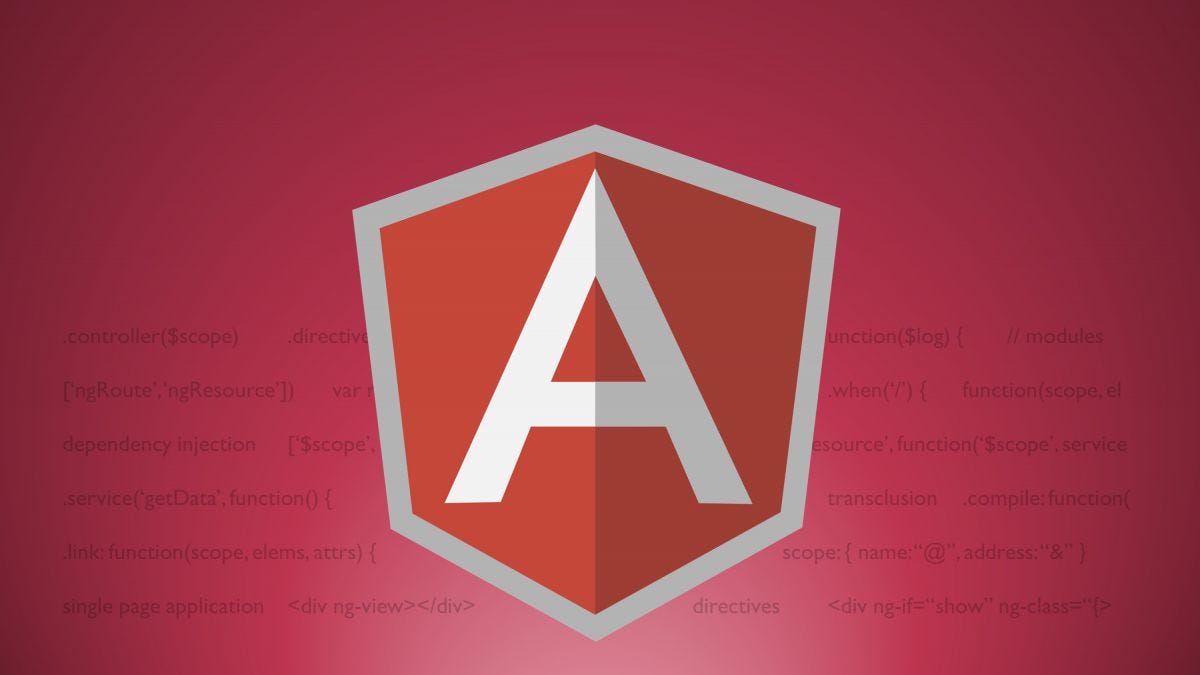
After
a long-awaited release of Angular back in 2016, its popularity has
touched new heights, though AngularJS will hold off on giving ground in
2017.
Angular.js
is often referred to as an MVW (Model-View-Whatever) framework and
among the top benefits, for startups and mid-sized companies, people
name: quick code production, easy testing of any app part and two-way
data binding (changes in the backend are immediately reflected on the
UI). Since release its ecosystem has gone beyond imagination. As for
now, it is reasonably called the most used JS framework for SPAs
(Single-Page Applications) development and it boasts the largest
community of developers.
Angular2 comes
with a long list of features that enable building everything, ranging
from web to desktop and mobile. Framework is built with TypeScript from
Microsoft with an eye to making JavaScript more agile and attractive for
large enterprises. ng2 features a component-based architecture,
improved DI (dependency injection), efficient logging service,
inter-component communications and more.
Both
Angular-s are a better option for enterprise-based applications or for
strict programming environments with high standards for code
readability.
ReactJS
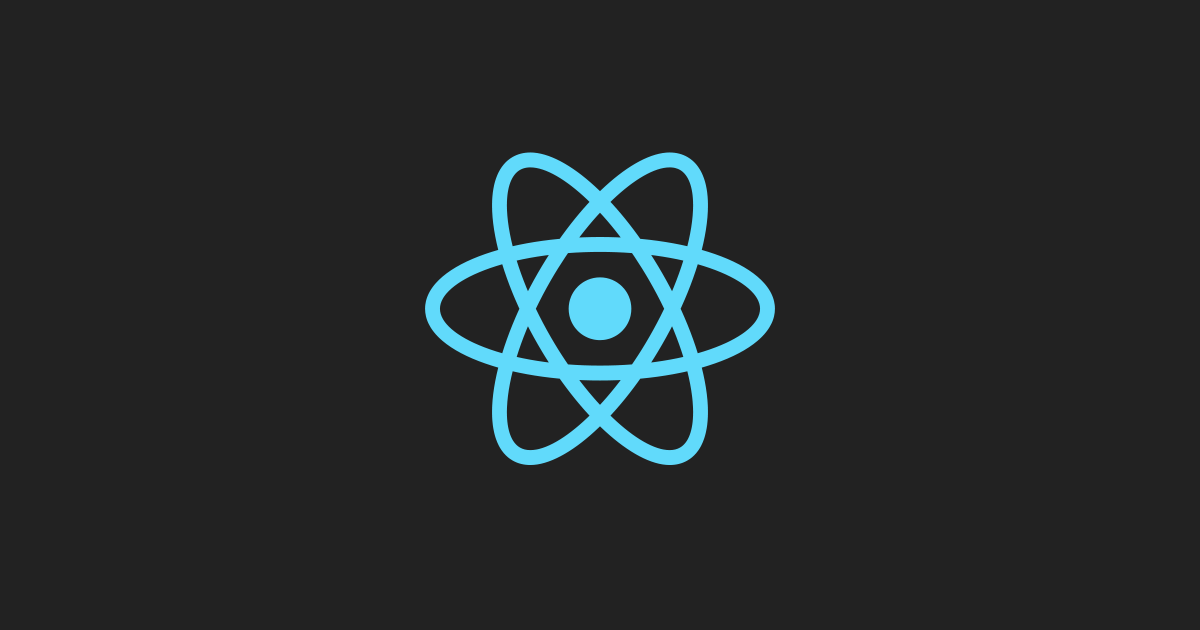
We’ve already made React and Angular comparison,
despite the fact that it is more of a library than a JS framework. It
stands behind user interfaces of Facebook and Instagram, showing its
efficiency within dynamic high-traffic applications.
It is rightly considered the fastest growing JS framework: as of today, there are about 1,000 contributors on Github. In MVC (Model-View-Controller) pattern React.js
acts as “V” and can be smoothly integrated with any architecture. Due
to the usage of virtual DOM it provides a great performance boost,
comparing to Angular 1.x. In addition to that, React components can be
created and re-used among applications or even transferred for public
use.
Despite
the fact that React has a higher learning curve, it makes app
development straightforward and easy-to-understand. Furthermore it can
be a perfect fit for complex, high-load and awesome software solutions.
Vue.js
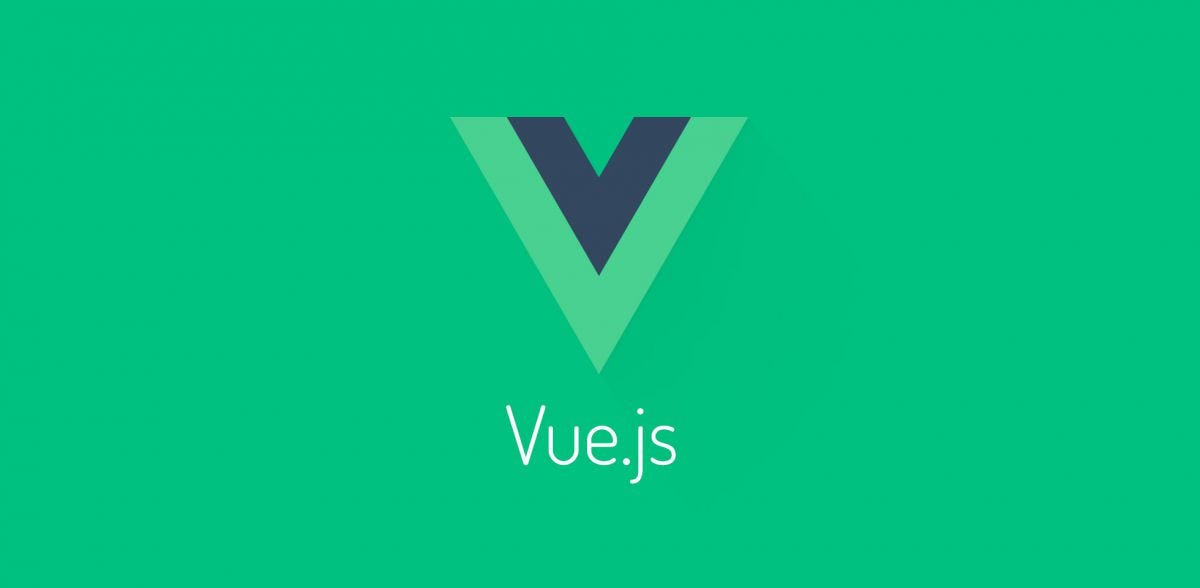
Vue 2.0
was also introduced in 2016 and it took the best from Ember, React and
Angular, putting all that into a handy package. It is proved to be
faster and leaner, comparing to React and Angular 2.0.
Going
deeper, Vue.js offers two-way data binding (seen in AngularJS),
server-side rendering (like in Angular2 and ReactJS), Vue-cli
(scaffolding tool for quick start) and optional JSX support. Its founder
states that Vue 2 is one of the fastest frameworks all in all.
Vue.js
is a better choice for quick development of cross-platform solutions.
It can become a firm basis for high-end single page applications (SPAs)
and beneficial solution to those cases, when performance is put ahead of
good code organization or app structure.
Ember.js
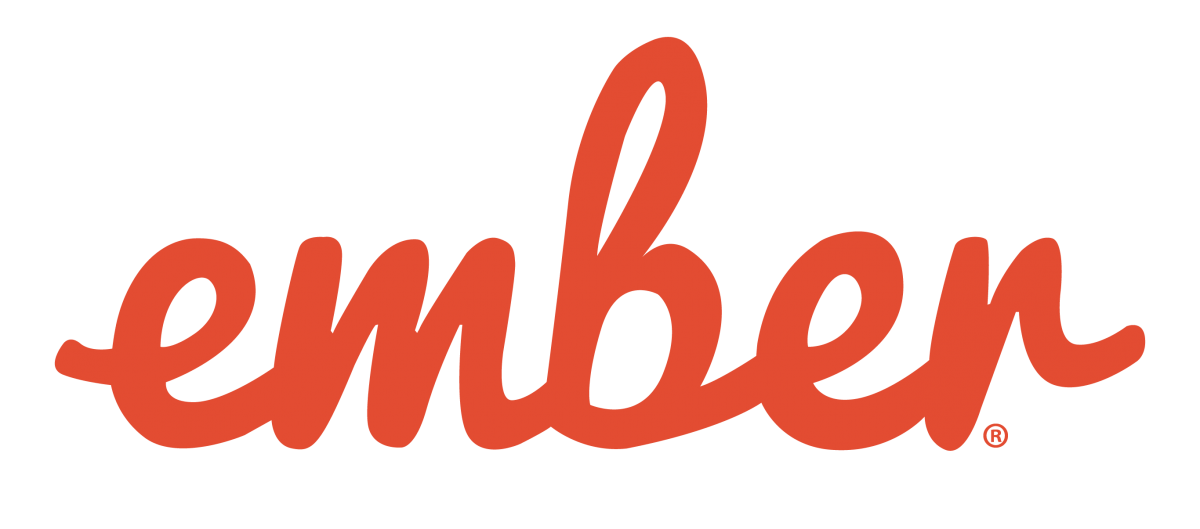
Back
in 2015 Ember was called the best javascript framework for web
application, leaving behind React and AngularJS. Today it boasts a huge
online community, regular updates and wide appliance of JavaScript best
practices to guarantee ultimate experience right out of the box.
Ember features
two-way data binding, like Angular.js, keeping both view and model in
sync for all the time. Applying Fastboot.js module it ensures prompt
server-side rendering of DOM, improving performance of complex UIs.
Emberjs
is commonly usable for complex feature-rich web applications and
website. Among the top users are Chipotle, Blue Apron, Nordstrom,
Kickstarter, LinkedIn, Netflix and many others. Moreover it has an
easier learning curve and there are oceans of tutorials and guide
available online.
Meteor.js

Meteor
is among the most popular JavaScript frameworks but which comes
well-heeled with tons of features for back-end development, front-end
rendering, database management and business logic. Since release in 2012
its ecosystem has grown drastically and at a swift rate.
This
full-stack platform enables fast development of end-to-end web and
mobile applications in pure JavaScript. Due to modular structure all the
packages and libraries can be used at pace. In terms of performance,
all the changes in the database are immediately transmitted to the UI
and in conversely with no evident time losses caused by different
languages or server response time.
MeteorJS covers
all the phases of software development cycle and takes care of such
glooming processes as linking, files concatenation and others. It is of
current usage in real-time application development for business
companies like Mazda, IKEA, Honeywell and many others.
JavaScript framework comparison:
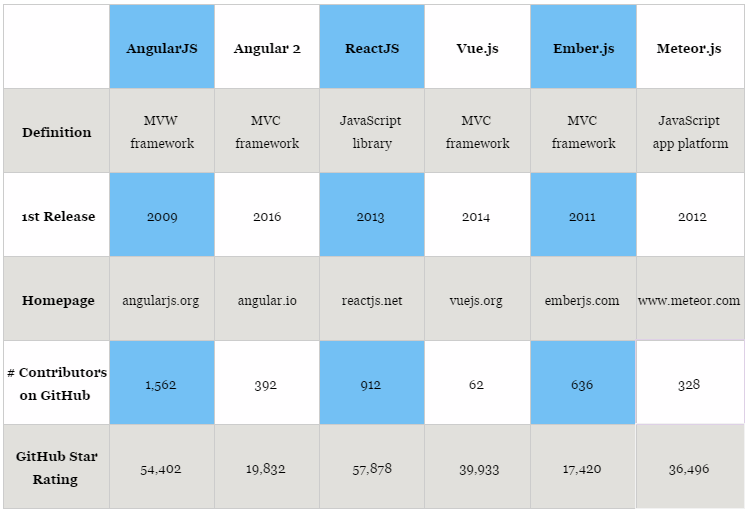
Conclusion
Taking
an option on the right JavaScript framework is not about features that
each can offer. It depends on initial company goals, project
requirements, general framework functionality and how it can be applied
within each particular case.
When it comes to quick web development
or prototyping, JavaScript frameworks are among the most favorable and
2017 won’t become an exception. These frameworks and libraries have
already reshaped the way how JS collaborates with HTML and CSS to
compile views both in browsers and, by now, on native platforms.